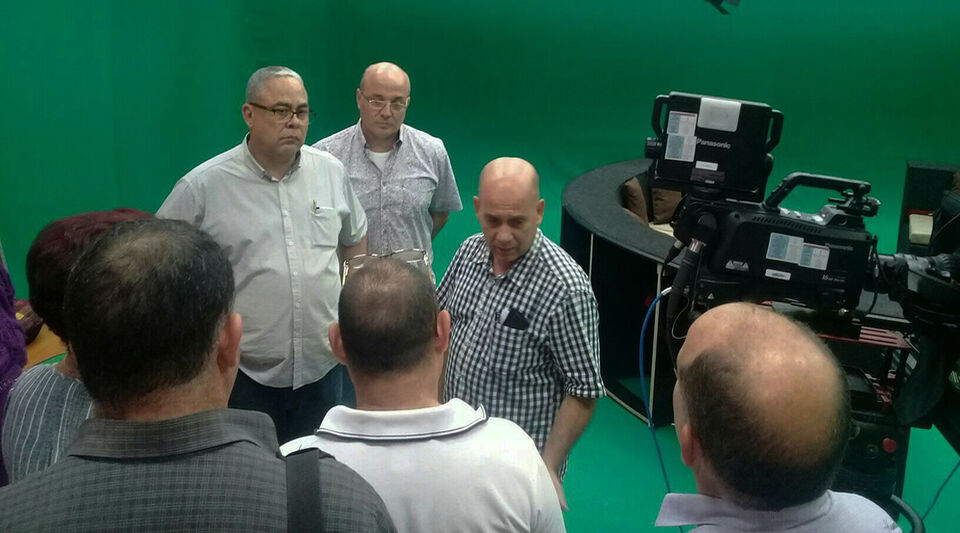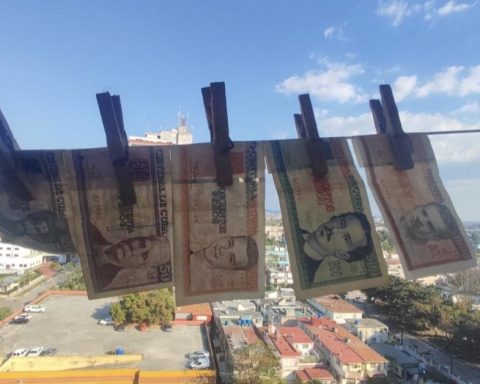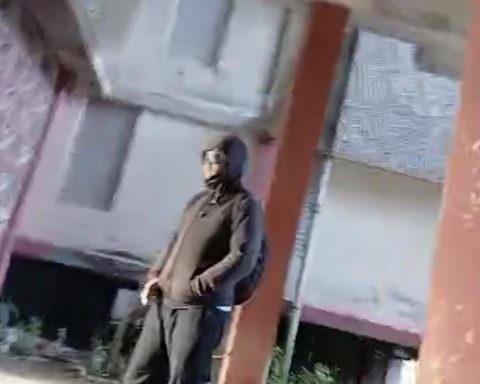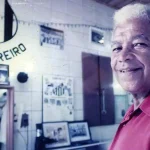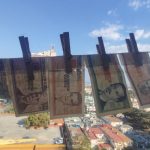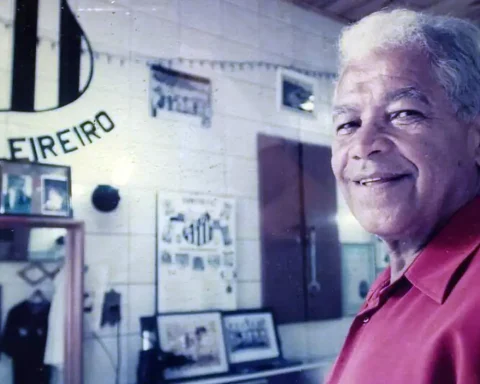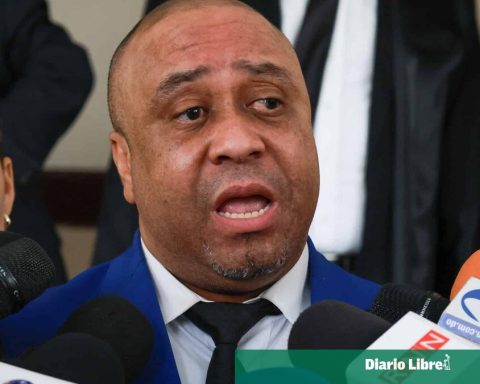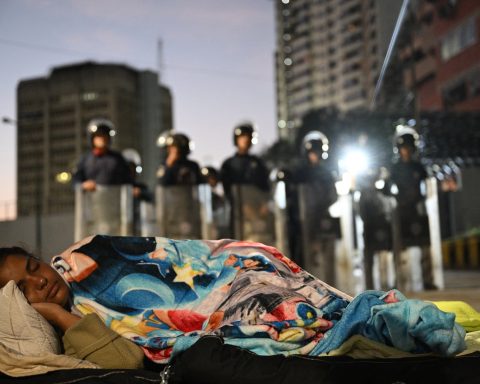The Board of Directors of the Cuban Institute of Cinematographic Art and Industry (ICAIC) decided to “release from office” the president of that institution, Ramón Samada Suárez. According to him official statement published this Saturday on the entity’s Facebook page, his departure was due to a “personal request”.
Although the brief note warns that in the meeting, where the end of Samada as president of ICAIC was decided, “acknowledgment was expressed for the results of his work in recent years”, the language of the text points to a fall from grace of the official.
The Assembly of Cuban Filmmakers reacted this Sunday to Samada’s departure, assuring that “he has been a valid interlocutor on this route and we know of the interest, energy and time he has dedicated to improving the ecosystem of Cuban cinema.” The creators added that “Cuban Cinema does not belong to a Ministry or an institution. They have to put themselves at the service of the artists and not the other way around.”
The director of the Gibara International Film Festival, Sergio Benvenuto Solás, reacted along the same lines. “We all know that a ‘personal request’ is worthless when it comes to paintings.” The artist specified that what happened to Samada was a “dismissal”, that “at this political moment, it is an irresponsible act of the Ministry of Culture and of the authorities that have approved it.”
According to the official statement published this Saturday on the entity’s Facebook page, his departure was due to a “personal request”.
Benvenuto Solás considered that it is a “person who has been disrespected, because it is absolutely public that it was not his decision to show the documentary of Fito’s Havana“, alluding to the broadcast on national television of this material without the consent of its director, an act “unanimously repudiated by the union and whose erratic decision does not culminate in generating rejection.”
But the official is also criticized for his repressive attitudes. In November 2015, during a meeting of the G-20 group of filmmakers, the then director of ICAIC, Roberto Smith and Samada they tried to expel the activist Eliécer Ávila from the premises alleging that he was a “counterrevolutionary”. Several filmmakers argued that the meeting was “open to the public” to which Samada replied: “Yes, but not for the counterrevolutionaries.”
Now, the dismissal of Samada occurs in the midst of a new twist of the censorship that artistic creation suffers on the Island. At the end of April dozens of Cuban filmmakers attacked “cultural institutions” for suspend projection of Fito’s Havanaa documentary directed by Juan Pin Vilar, together with the audiovisual exist by Fernando Fraguela and Yulier Rodríguez, and The one in chargeby Ricardo Figueredo, at the headquarters of the theater group El Ciervo Encantado.
The filmmakers were criticized for “not offering public and satisfactory information about this decision”, in addition to the fact that “an unfinished copy of the documentary was later presented [ La Habana de Fito] in a Cuban television program, ignoring the refusal of its director and producer, and with the explicit purpose of discrediting them”.
The artist Sergio Benvenuto specified that Samada was a “dismissal”, that “at this political moment, it is an act of irresponsibility of the Ministry of Culture
The filmmakers’ malaise led to more than a hundred directors, scriptwriters and actors meeting with leaders of the Ministry of Culture and the Communist Party at the end of June to address the controversy unleashed by censorship against Pin Vilar. Later the film director, Miguel Coyula, spread several fragments of the meeting with officials, including Alpidio Alonso and Fernando Rojas, Minister and Vice Minister of Culture, respectively, as well as Vice Prime Minister Inés María Chapman and the head of the Communist Party’s ideological department, Rogelio Polanco.
Along with the announcement of Samada’s departure from the presidency of Icaic, it was also indicated that the vice president of Icaic, Susana Molina, will assume the direction of the institution. The official previously served as director of the International Film and Television School, located in San Antonio de los Baños.
In the same statement, it was indicated that Waldo Ramírez de la Ribera would take over as director of the Superior Council of the New Latin American Cinema Foundation. His past as founder of Televisión Serrana was highlighted, he served as Cuba’s representative on the multinational channel Telesur and, more recently, as first vice president of the Cuban Institute of Radio and Television.
________________________
Collaborate with our work:
The team of 14ymedio He is committed to doing serious journalism that reflects the reality of deep Cuba. Thank you for accompanying us on this long road. We invite you to continue supporting us, but this time becoming a member of our newspaper. Together we can continue transforming journalism in Cuba.
